- Lecturer: Dr. Pramudika Nirmani Lecture-BN
- Lecturer: Ms. Pavithra Nanayakkara Lecture-BN
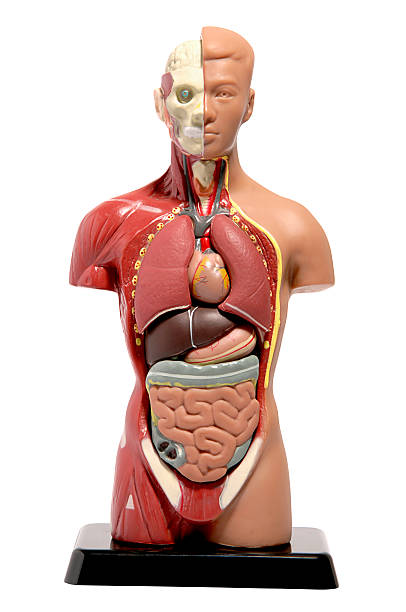
This module will develop knowledge of applied human anatomy , provide a base of systems and processes relevant to the understanding of how disease processes affect the human body. The structure of reproductive system, nervous system, endocrine system, urinary system and musculo-skeletal system will be addressed.
- Lecturer: Mr. N.C. Gunarathne ADMIN-Lecturer
- Lecturer: Ms. PBKGE Sandamali BN-Lecturer
- Lecturer: Ms. Pavithra Nanayakkara Lecture-BN
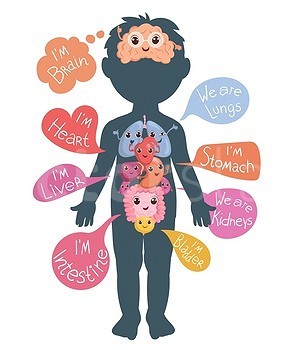
The module will address the physiology of nervous system, endocrine system, reproductive system, musculo-skeletal system, immune system and skin. At the end, the student will develop knowledge on physiological basis of pain, sleep, speech, postural reflexes, overview of sensory and motor pathways, physiology of bones, calcium and phosphate metabolism and physiology of pregnancy and lactation.

This module enables the student to demonstrate understanding of the developmental and fundamental needs of the patients, components of nursing process and the procedures involved in meeting the basic needs of individuals in relation to: principles of administration of medications, assisting in therapeutic and diagnostic measures, physical examination, care of special needs, end of life care and first aid and emergency management.
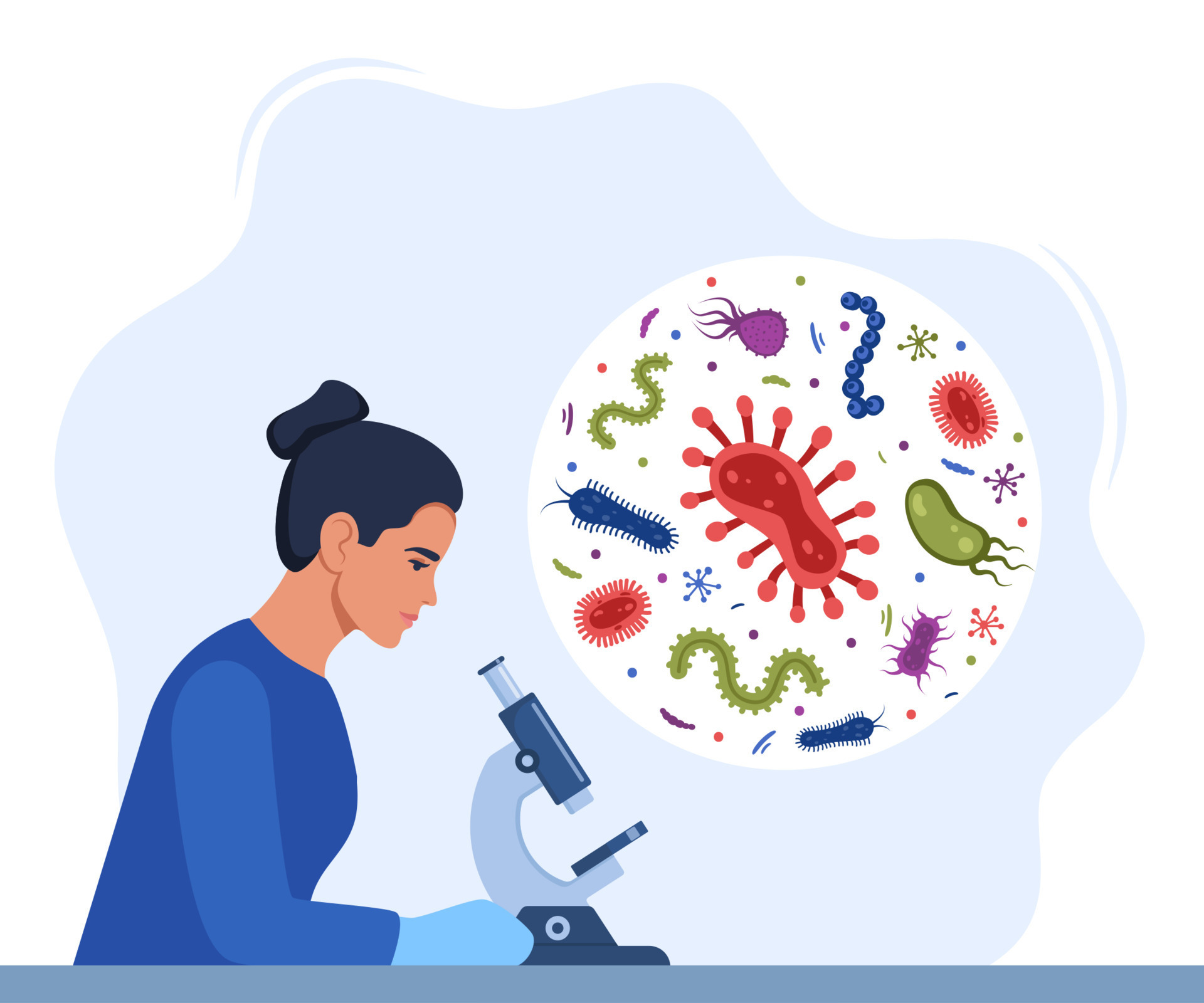
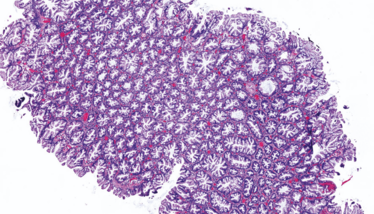
This module will focus on basics of general pathology, common diseases of organ systems including etiology, pathogenesis, morphologic changes, functional derangement and their clinical significance and the basics of histopathology and hematology.

This module will enhance knowledge on principles and practices of nutrition and skills in improving the nutritional status of an individual and the community.
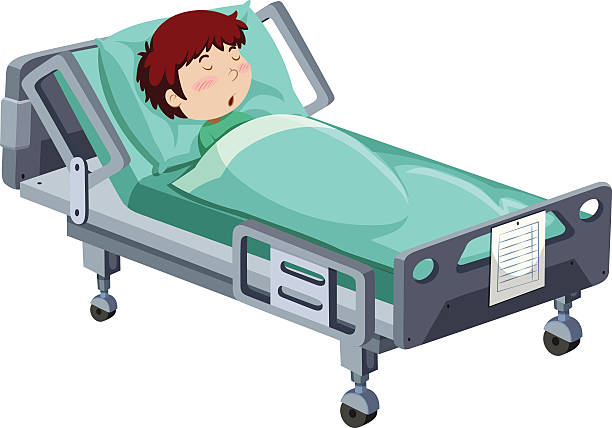
Clinical placement- Medical wards, Surgical wards